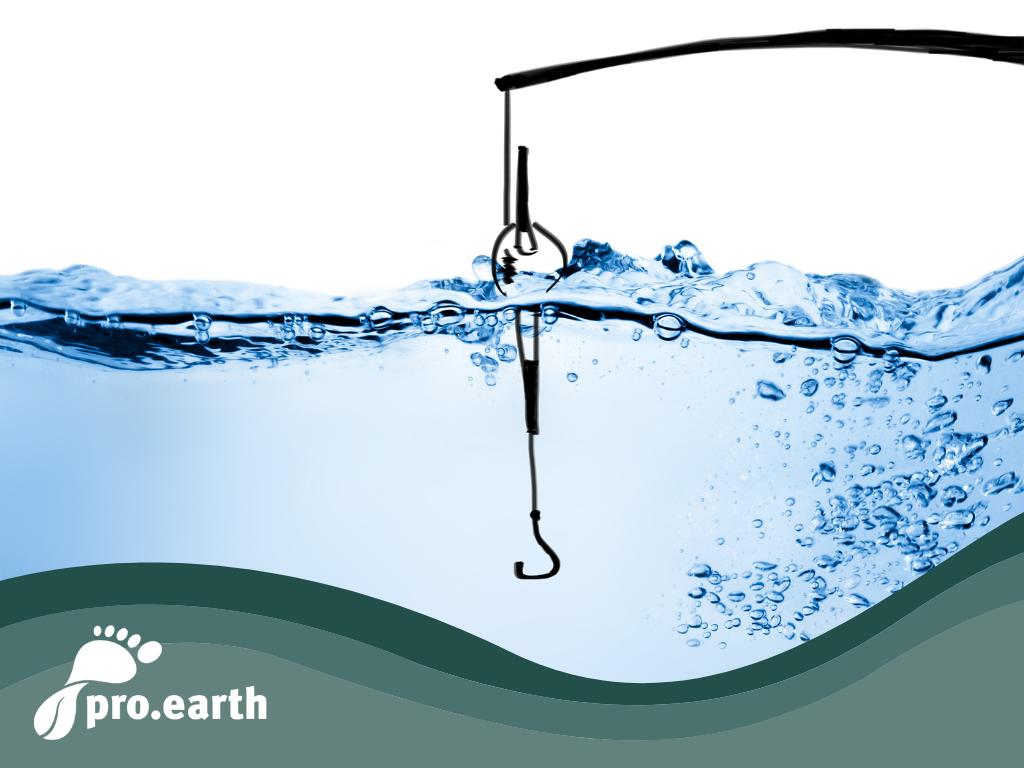Fish should be on the menu three times a week - is that still the case?

At least we grew up with this wisdom, but in times of microplastic and drug pollution, heavy metals and fishing in the world's oceans, the question of the health and ethical aspects is more than appropriate.
But what actually makes fish healthy?
A high proportion of:
- Omega-3 fatty acids
- Vitamin D
- B vitamins
- Selenium
- Iodine
The distribution varies depending on the fish species.
What could make it unhealthy?
Heavy metals
According to the German Federal Center for Nutrition, the level of harmful substances in fish is generally negligible. However, some exceptions and individual cases are pointed out.
Predatory fish from the sea can have a higher mercury content with increasing age, for example tuna or white halibut.
According to Stiftung Warentest, however, no tuna, farmed or wild salmon exceeded the EU limits in laboratory tests. Specifically, no fish was "significantly contaminated with mercury, cadmium, lead or pesticides".
All the brands tested received a "good" rating in the "harmful substances" category.
Nevertheless, for safety reasons, the German Ministry of the Environment and Consumer Protection (BMUV) advises pregnant and breastfeeding women to avoid fish species with potentially higher mercury levels. These include:
Microplastics
Microplastic pollution in marine fish is no longer a secret, but how high is it really?
According to Öko-Test (2021), six samples of Alaska pollock and cod contained an average of 4,164 plastic particles per sample.
The size of the particles ranged from 6 micrometers to 5 millimeters.
The size of the particles located at the upper limit was astonishing, which is why their origin was investigated. The Alfred Wegener Institute found that plastic particles less than 5 micrometres in size can pass from the animals' digestive tract into the muscle meat to a small extent.
However, the parts found in the samples are larger, so the testers assume that they come from the packaging or from the workers' clothing.
Conclusion: Microplastics are not a fish-specific problem; they can also occur in other foods, depending on processing and packaging.
Drug residues
As in all forms of factory farming, antibiotics and other medicines are also used in fish farming.
But how much of it remains in the fish?
Random tests of fishery products for exceeding limit values and prohibited substances have resulted in single-digit percentage complaint rates in recent years.
Nevertheless, fish farming poses a risk: In the vicinity of fish farms, including smaller farms, seabeds around aquacultures show increased levels of antibiotic-resistant bacteria and resistance genes. This is due to the fishmeal used as animal feed.
Unappetizing: worms in fish
Nematodes are repeatedly detected in sea fish. They sound incredibly horrible, but are relatively harmless as they die when frozen or heated. In rare cases, nausea and abdominal cramps occur.
https://news.pro.earth/2023/03/01/un-nachhaltigkeitsziel-14-ozeane-meere-und-meeresressourcen-im-sinne-nachhaltiger-entwicklung-erhalten-und-nachhaltig-nutzen/
Dangerous: Listeria in fish
Listeria is found in raw, cold or hot-smoked or pickled fish. They are the reason why it is not recommended for pregnant women to eat sushi, for example.
In the years 2007 to 2017, the bacterium L. monocytogenes was actually found in 7 to 18 percent of officially tested samples of cold-smoked or pickled fishery products in Germany. For hot-pickled products, the figure was 3 to 9 percent.
Listeriosis, which can be caused by eating listeria, can take a serious course and, in the worst case, be fatal. It can lead to blood poisoning, meningitis and miscarriages in pregnant women. In 2018, around 5 percent of those infected died.
Pregnant women, elderly people and people with weakened immune systems are therefore advised not to consume the above-mentioned fish products.
Heating fish and seafood to 70 degrees Celsius for at least two minutes kills listeria.
And ethics?
If you want to avoid empty seas, it is best to reduce your fish consumption. We have simply been too excessive in recent decades.
To help you make a good decision when buying fish, you can find the WWF fish guide, which provides a brief and concise overview, here.






